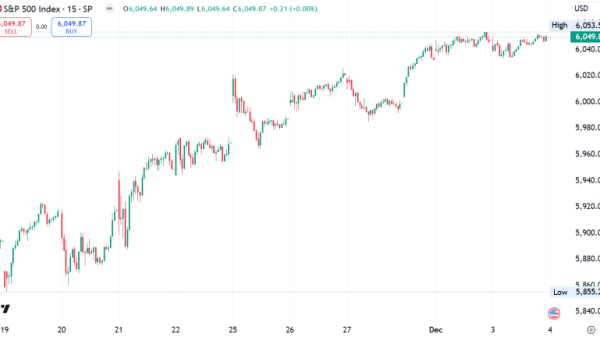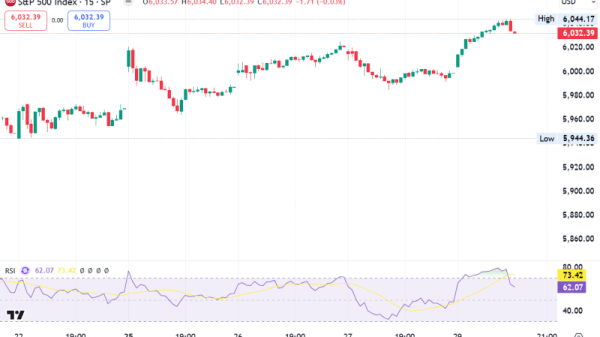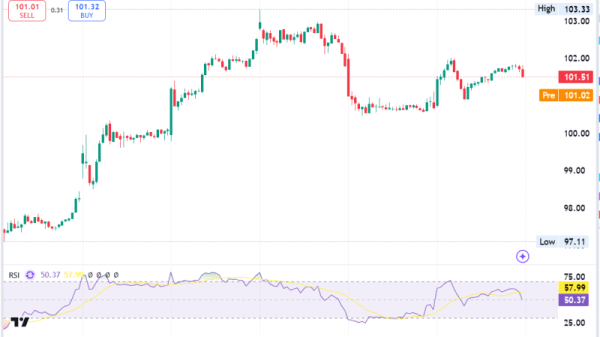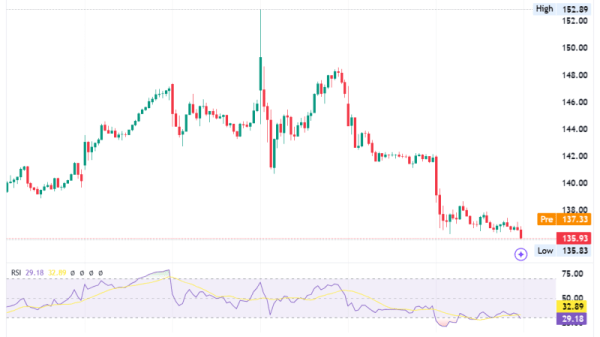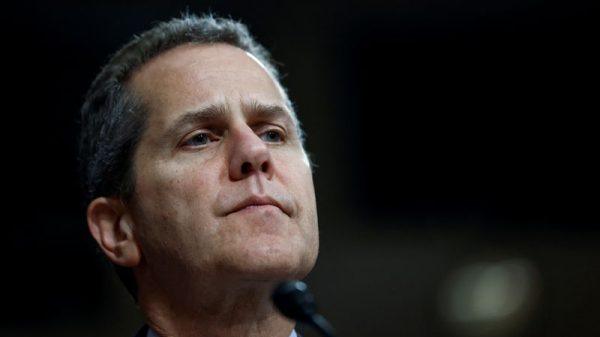By Steven Scheer
JERUSALEM (Reuters) -The Bank of Israel left interest rates unchanged for the eighth straight meeting on Monday, citing expectations of higher inflation and economic uncertainty due to Israel’s war with the Palestinian militant group Hamas in Gaza.
But central bank governor Amir Yaron held out the prospect of rate reductions should price pressures start to ease.
Policymakers – also worried about Israel’s investor risk premium, which has recently dropped after a spike following the start of the war on Oct. 7, 2023 – left its benchmark rate at 4.50%.
“The Monetary Committee continues to implement a cautious monetary policy, reflecting the need to deal with the continued geopolitical and economic uncertainty,” Yaron told a news conference, adding that “the balance of inflation risks tends to the upside”.
Israel’s annual inflation slipped to a four-month low of 3.4% in November but remained above the government’s 1-3% target.
Asked whether Israel could reduce interest rates and follow the U.S. and European central banks, Yaron said it was data dependent.
“If we see further improvement in the risk premium and inflation surprises for the better we of course could … advance this,” he said. “If on the other hand, should inflation remain sticky we would need to continue with restrictive policy.”
The Bank of Israel reduced the rate by 25 basis points last January after inflation eased and economic growth slowed amid the Gaza war, but kept policy steady in all its meetings since. Twelve of the 13 analysts polled by Reuters had expected no rate move on Monday.
In October, central bankers warned of rate increases should inflation – mainly caused by war-related supply issues – stay high.
Yaron noted that the inflation rate looked to continue to rise in the first half of 2025 due to supply constraints and higher taxes before moderating to within the target range during the second half.
As such, the bank’s own economists forecast the interest rate falling to 4.0-4.25% in the fourth quarter of 2025.
In updated macro estimates that accompanied the rates decision, Israel’s economy is expected to grow 4% this year and 4.5% in 2026 after a 0.6% pace last year. Inflation looks to ease to 2.6% this year and to 2.3% in 2026.
The economy rebounded somewhat in the third quarter after near-zero growth the prior three months, expanding by an annualised 3.8%. Yaron said that while activity is improving, the effects of the war, uncertainty and various challenges remained.
The shekel was slightly up versus the dollar after the decision.

